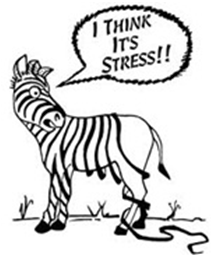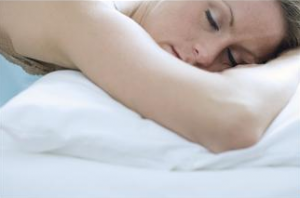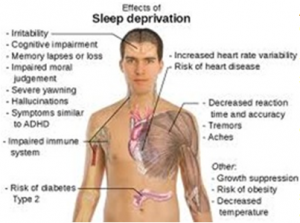Health
Sleep for Weight Loss: Good Health and a Long Life
“I love sleep. My life has a tendency to fall apart when I’m awake, you know?” ~Ernest Hemingway
Let the Pounds Fall-off
Paula Owens, M.S.
Restful sleep is a must for health, vitality, longevity and fat loss. Researchers found sleeping four hours a night interferes with your ability to secrete and regulate hormones which in turn promote: aging, increase in appetite, add inches to your waistline, and increase your riskof developing diabetes.
Lack of sleep promotes an environment prime for inflammation and catabolism (muscle loss).According to Canadian sleep expert, Stanley Coren, you lose one IQ point for every hour of lost sleep you didn’t get the night before. Cognitive and mood problems develop, along with an increased risk of high blood pressure and heart disease are just a few consequences of too little sleep.
What Happens During Sleep?
Healing of the mind, body and spirit occur during deep sleep, and your energy is restored and replenished. Brain waves normally shift to a lower vibrational frequency as we shift from the initial stages of sleep to the deeper stages, such as the rapid eye movement stage (REM).
Try Some of My Tips
Are you unable to fall asleep? Do you wake up often throughout the night? Do you feel well-rested when you awake in the morning? Do you want to improve your quality and quantity of your sleep? Symptoms of forgetfulness, headaches, lack of focus, itching, moodiness, cravings, headaches, neck, and backaches often disappear with a good night’s sleep.
• Consider foods you may be sensitive to: Dairy, sugar, soy, wheat and gluten can cause sleep apnea; excess congestion, gastrointestinal upset, and disrupted sleep.
• If you want to burn significantly more body fat, go to bed as early as possible. Our systems, particularly the adrenals, do a majority of their recharging or recovering during the hours of 11:00 p.m. and 1:00 a.m. This is when your gallbladder meridian is most active and dumps toxins. If you are awake, the toxins back up into the liver which then secondarily back up into your entire system and cause further disruption of your health. Waking up between the hours of 1:00 a.m. to 3:00 a.m. may indicate liver toxicity/congestion. Consistently waking between 3:00 a.m. and 5:00 a.m., indicates oxidative stress. Also, consider hypoglycemia.
• My number one supplement preference for restful sleep is magnesium (natures natural muscle relaxer) 400-800mg 30-60 minutes before bedtime.
• Create an environment for restful sleep as evening approaches, such as dimming the lights in your home an hour before bedtime.

I think it’s stress causing me not to sleep, think alcohol will help me sleep…not so, lovely zebra.
• Avoid alcohol. Although alcohol might make you drowsy, the effect is short lived and you’ll often wake up several hours later, unable to fall back asleep. Alcohol keeps you from falling into the deeper stages of sleep, plus it disrupts and inhibits growth hormone production.• For anxiety, consider Inositol or a blend of Valerian, Hops, and Passion Flower, an excellent herbal tranquilizer without negative side effects.• Avoid before-bed snacks, particularly grains and sugars that raise blood sugar and inhibit growth hormone release.
• Working late, using the computer, cell phones, and texting into the wee hours delay sleep and increase awakenings.
• Avoid caffeine later in the day. A recent study showed that in some people, caffeine is not metabolized efficiently and they feel the effects long after consuming it. Various meds and diet pills contain caffeine.
• Eat a high-protein snack several hours before bed. This provides your body with L-tryptophan needed to produce melatonin and serotonin.
• Loud alarm clocks can be very stressful on your body. If an electric alarm clock must be used, keep it as far away from the bed as possible, preferably at least five feet because of electro-magnetic fields (EMFs). These include electrical alarm clocks, electric blankets, plugging in your cell phone, etc.; which disrupt the pineal gland and the production of melatonin and serotonin and come with a host of other negative effects. If you must use a clock, cover it and remove it from view. It will only add to your worry when constantly starring at it… 2 a.m…3 a.m… 4:30 a.m…
Tagged adrenals, boomer style magazine, diabetes, electromagnetic fields, EMFs, food sensitivity, gallbladder meridian, gastrointestinal upset, gluten sensitivity, lose weight with sleep, Paula Owens MS, sleep apnea, stress, tips for better sleep



